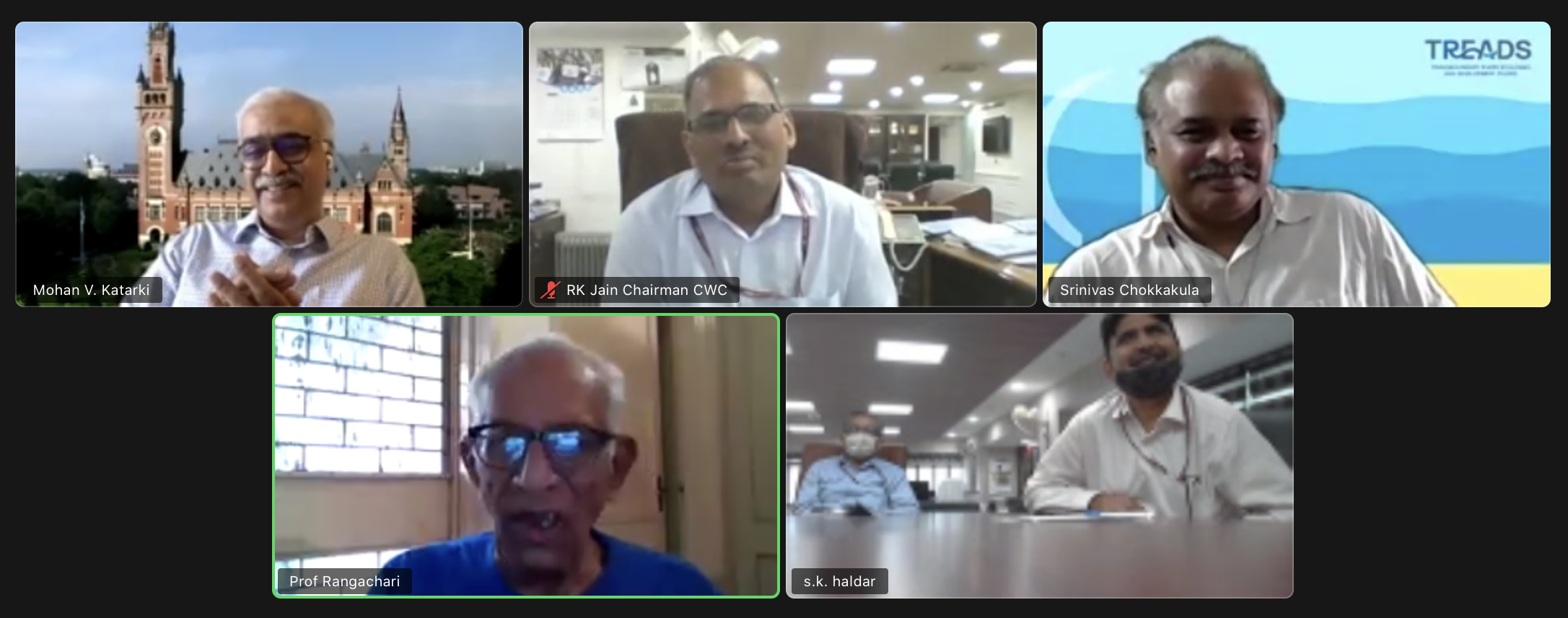About the Talk
International water law has a long history of responding to the challenges of shared waters and rivers valleys intersected by artificially constructed political boundaries. The law has been trying to fully fathom the nuances of sharing and not very successfully for science itself is yet to fully unravel the behaviour of the hydrological cycle.
The evolution of customary rules of international water witnessed a seesaw between the Harmon doctrine and the natural flow theory before settling with the doctrine of equitable utilisation or apportionment. However, the doctrine of equitable utilisation is challenged by inherent antagonism between equitable share, and no harm or injury rule. Besides, the sui generis nature of river basins poses unique challenges, often arising from historical development, climatic factors, socio-economic factors, conjunctive uses, etc. Further, environmental concerns, climate change and weaponisation are emerging as new challenges for international water law.
The Helsinki Rules of 1966 and the Berlin Rules of 2004 have codified the customary rules of international water law progressively. The UN Convention on Non-Navigational Uses of International Water Courses, 1997, was a major milestone, though key nation States have not ratified the Convention. The Talk engages with this evolutionary history with the support of some cases.
About the speaker
Mohan V. Katarki is a Senior Advocate of the Supreme Court of India. An expert in transboundary water law, he has vast experience of over three decades in handling interstate river water disputes. He has represented the States of Karnataka, Punjab, Kerala and Odisha before the respective tribunals and the Supreme Court in Cauvery, Krishna, Mahadayi, Mahanadi, Mullaperiyar, and Ravi-Beas river water disputes. He has written extensively on the subject, delivered lectures and presented papers at several national and international conferences.
The talk was recorded live and can be accessed on CPR’s Facebook page here.
